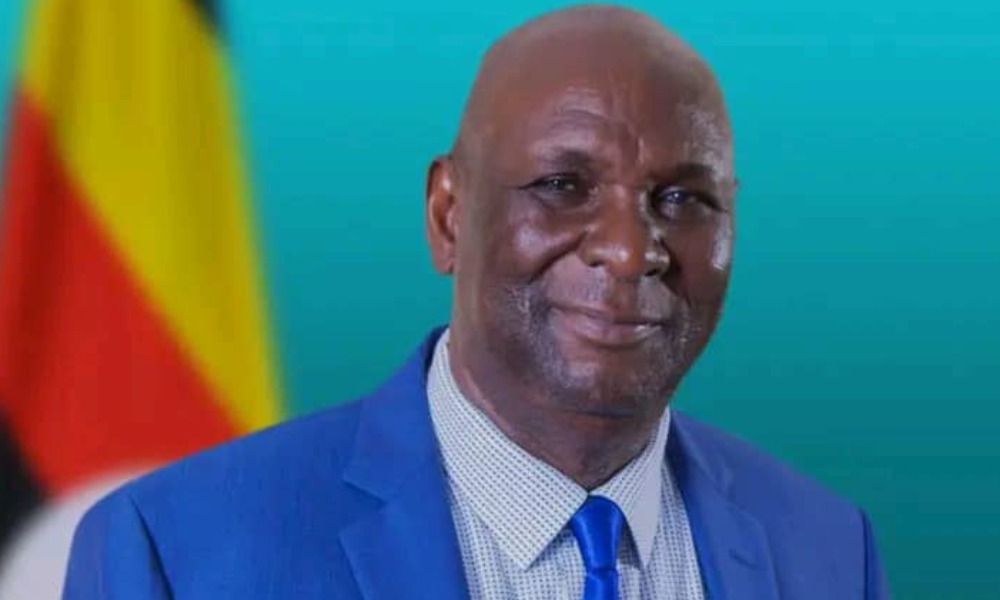KAMPALA — Professor Badru Kateragga, the renowned founder and longtime visionary of Kampala University, is reportedly declining in health. Sources close to the academician reveal that his condition, coupled with mounting domestic differences, is casting a shadow over the institution’s future.
Professor Kateragga has long been a central figure in shaping Kampala University into one of Uganda’s leading private institutions of higher learning. However, recent developments suggest that internal disputes, largely influenced by familial conflicts, are beginning to affect decision-making at the university.
Uncertain leadership amid strained family ties
Reports indicate that disagreements within Kateragga’s family over control and succession at the university are escalating. This turmoil appears to be spilling over into the university’s governance, leading to significant policy changes and administrative decisions that insiders describe as “emotionally charged.”
Several long-serving faculty members have raised concerns over what they perceive as a shift away from the university’s traditional mission and values. A senior lecturer, speaking on condition of anonymity, said:
“Recent decisions seem more reactionary than strategic. There’s a sense that emotions are outweighing logic and reason in shaping the university’s trajectory.”
Impact on students and staff
The uncertainty is causing ripples across the university community. Staff have expressed apprehension about job security, while students worry about the continuity of programs and the institution’s academic standards.
A student leader remarked, “We need stability, especially at a time when higher education in Uganda faces so many challenges. If leadership continues to be guided by internal disagreements, the university’s reputation could be at risk.”
Potential consequences for the institution
Kampala University has enjoyed a strong reputation for fostering innovation and academic excellence. However, observers warn that prolonged instability could deter prospective students and erode trust among stakeholders.
As concerns mount, calls for intervention have grown louder. Alumni and education experts are urging the university council and other stakeholders to step in and mediate the conflicts to safeguard the institution’s legacy.
Looking ahead
While Prof. Kateragga’s health struggles and family disputes are deeply personal matters, the broader implications for Kampala University cannot be ignored. It remains to be seen whether the institution’s leadership can rise above these challenges and chart a path that prioritizes the university’s long-term vision and values.
For now, the university community waits anxiously, hoping for clarity and a return to the principles that have defined Kampala University for decades.








